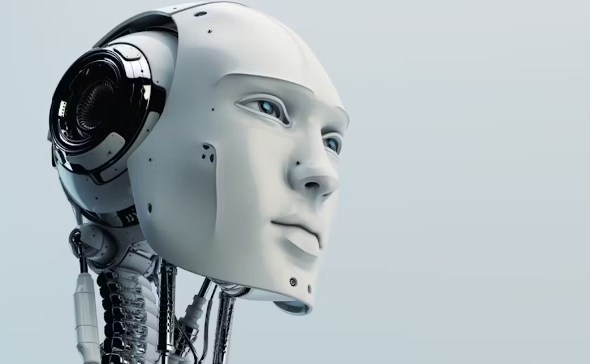Artificial Intelligence in Healthcare: Revolutionizing Patient Care
In today’s rapidly evolving world, artificial intelligence (AI) is making significant strides across various industries, and healthcare is no exception. As we face unprecedented challenges in patient care, such as rising costs and the need for quicker diagnoses, AI offers innovative solutions that can transform how we approach health management. This article explores the pivotal role AI is playing in enhancing medical services and improving outcomes for patients.
Enhancing Diagnostic Accuracy
One of the most promising applications of AI in healthcare is its ability to enhance diagnostic accuracy. Traditional diagnostic methods can sometimes be time-consuming and prone to human error. However, AI-driven algorithms can analyze vast amounts of medical data far more rapidly and accurately than a human expert. For instance, AI technologies, such as machine learning and deep learning, are already being employed to interpret medical imaging, identify tumors, and assess disease progression. As a result, healthcare professionals can make more informed decisions and provide timely, targeted treatments for patients.
Streamlining Administrative Tasks
In addition to improving diagnostics, AI is streamlining administrative tasks, allowing healthcare providers to focus more on patient care. Tasks such as appointment scheduling, billing, and patient record management can be labor-intensive and prone to inefficiencies. AI-powered systems can automate these processes, reducing the workload for healthcare staff. For example, chatbots can assist patients in scheduling appointments, answering questions about their healthcare plans, or managing medications. By minimizing the administrative burden, healthcare providers can allocate more time for direct patient interaction, fostering better relationships and improving overall care quality.
Personalizing Treatment Plans
AI is also playing a crucial role in personalizing treatment plans to fit individual patient needs. By analyzing a patient’s genetic makeup, lifestyle factors, and medical history, AI can help healthcare professionals design tailored treatment approaches. This personalized medicine is particularly significant for complex diseases such as cancer, where treatment responses can vary greatly between patients. AI’s ability to process and interpret vast datasets means that healthcare providers can identify the most effective therapies for each patient, maximizing treatment efficacy and minimizing side effects.
In conclusion, the integration of artificial intelligence in healthcare is reshaping the way we diagnose, treat, and manage patient care. As these technologies continue to evolve, they promise to enhance the quality of healthcare services and improve patient outcomes significantly. If you’re interested in exploring more about AI’s impact on healthcare, consider delving into recent advancements or attending local workshops. With AI’s potential still unfolding, staying informed is essential for anyone invested in the future of health.

